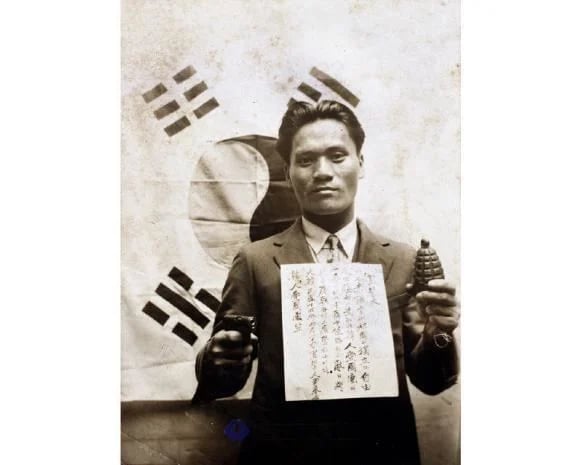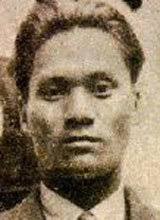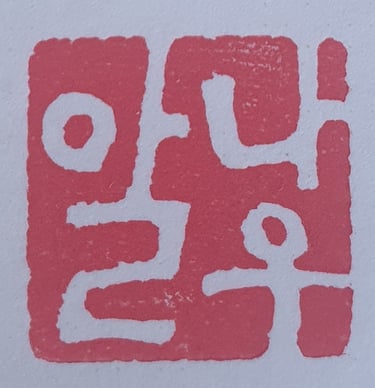Yun Bong-gil: A Symbolic Hero of Korea’s Independence Movement
Yun Bong-gil, born on June 21, 1908, and executed on December 19, 1932, is one of the most iconic heroes of Korea’s independence movement against Japanese occupation. His brave act during the Hongkou Park bombing in 1932 marked a significant turning point in Korea’s struggle for liberation. This article explores the life, actions, and enduring legacy of Yun Bong-gil.
Early Life and Education
Yun Bong-gil was born in Yesan, Chungcheongnam-do province, Korea, which was under Japanese occupation at the time. From a young age, he was imbued with patriotic ideals and a deep desire to see his country freed from foreign domination. As a child, he studied both Korean and Chinese classics, demonstrating intellectual aptitude and a strong commitment to education.
Early Patriotic Engagements
At the age of 18, Yun attended a modern school where he was exposed to the ideas of the independence movement. Inspired by the writings and actions of figures like Kim Gu and members of the Provisional Government of the Republic of Korea in exile in Shanghai, he decided to dedicate his life to the fight for his country’s independence.
In 1926, Yun founded the "Cheonguhoe," an association of farmers that combined education with patriotic mobilization. He firmly believed that educational reform and raising awareness among rural masses were essential to preparing the ground for broader resistance against Japanese occupation.
Exile in Shanghai and Strengthening the Resistance
In 1930, Yun Bong-gil moved to Shanghai, a major hub for Korean activists in exile. There, he met Kim Gu, a key figure in the Provisional Government of the Republic of Korea. Under Kim Gu's guidance, Yun received extensive training in guerrilla tactics and explosives.
The Hongkou Park Bombing
On April 29, 1932, a pivotal event cemented Yun Bong-gil's place in Korean history. On that day, Japanese authorities held a ceremony at Hongkou Park in Shanghai to celebrate Emperor Hirohito's birthday and Japan's victory in Manchuria. Disguised as a farmer, Yun successfully infiltrated the ceremony with two homemade bombs hidden in a lunchbox and a water bottle.
At 11:00 a.m., Yun threw a bomb toward the official stand, killing General Yoshinori Shirakawa, the commander-in-chief of Japanese forces in Shanghai, and civil advisor Kawabata Sadaji. Several other Japanese dignitaries were severely injured, including the Japanese consul-general in Shanghai, Uchida, and the director of Rengo News Agency, Murai. Yun was immediately arrested by Japanese authorities at the scene.
Consequences and Execution
The Hongkou Park bombing had a significant impact on Korea’s independence movement. It demonstrated the determination and capability of Korean resistance fighters to strike at the heart of Japanese power, drawing international attention to their cause. Yun Bong-gil was tried by Japanese authorities and sentenced to death. He was executed by firing squad on December 19, 1932, at Kanazawa Prison in Japan.
Legacy and Recognition
Yun Bong-gil is celebrated today as a martyr and national hero in Korea. His brave act is commemorated every year, and numerous monuments and museums have been erected in his honor. Yun Bong-gil Park in Yesan, his birthplace, and the memorial at Hongkou Park in Shanghai are pilgrimage sites for those who wish to honor his sacrifice.
In recognition of his role in the independence struggle, Yun was posthumously awarded the highest honor in the Order of Merit for National Foundation of Korea. His writings, letters, and personal documents are preserved and studied, providing valuable insight into the determination and vision of one of Korea’s greatest patriots.
Anecdote: The film "Exhuma" by Jang Jae-hyeon is a nod to this hero, reincarnated in the body of a shaman portrayed by the highly talented Lee Do-hyun. Interestingly, there is a notable physical resemblance between the two young men.







